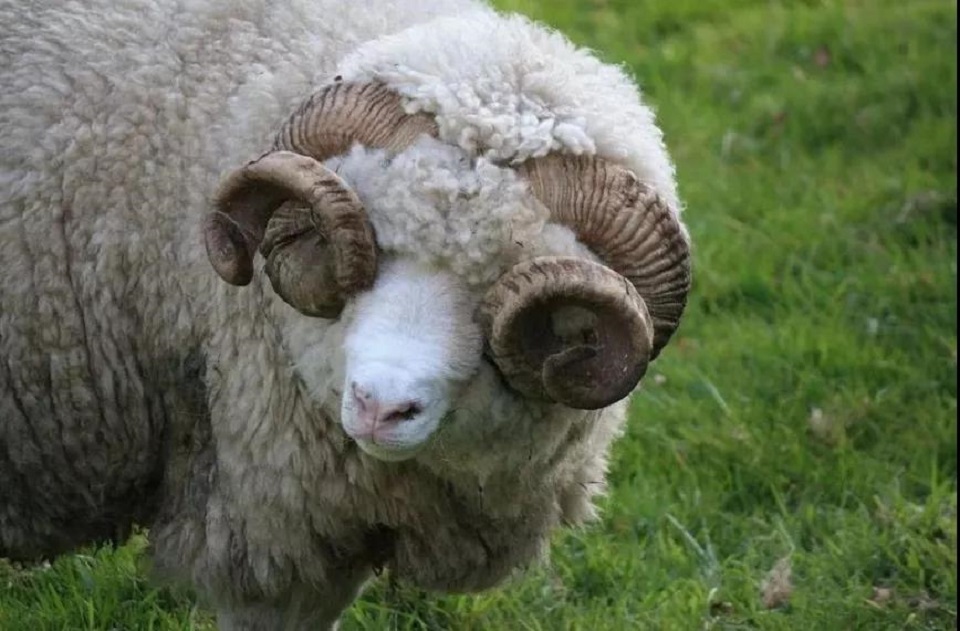Animal vaccination is an effective measure for the prevention and control of infectious diseases, and the prevention and control effect is remarkable. However, due to the individual’s physique or other factors, adverse reactions or stress reactions may occur after vaccination, which threatens the health of the animals.
The emergence of various vaccines has brought obvious effects to the prevention and control of infectious diseases. The application of animal vaccines has effectively avoided the emergence of some animal diseases. Foot-and-mouth disease is an acute, febrile and highly contagious disease that often occurs in cloven-hoofed animals. It occurs more frequently in animals such as pigs, cattle, and sheep. Because foot-and-mouth disease spreads through many routes and quickly, and may be transmitted to humans. It has had multiple outbreaks, so the veterinary authorities in various places are very concerned about its prevention and control. The cattle and sheep foot-and-mouth disease vaccine is an effective type of vaccine to prevent the occurrence of foot-and-mouth disease. It belongs to an inactivated vaccine and the application effect is very significant.
1. Analysis of stress response of cattle and sheep foot-and-mouth disease vaccine
For cattle and sheep foot-and-mouth disease vaccine, the possible stress reactions after use are mainly lack of energy, loss of appetite, severe hunger strikes, weakness of limbs, lying on the ground, body temperature fluctuations, auscultation and palpation It is found that the peristalsis of the gastrointestinal tract is slower. After vaccination, you need to pay close attention to the performance of cattle and sheep. If the above-mentioned stress response occurs, timely treatment is required. This, coupled with the resistance of the cattle and sheep themselves, will quickly restore the health of the cattle and sheep. However, if the stress reaction is severe, the cattle and sheep may experience natural bleeding, foaming at the mouth and other symptoms within a short period of time after being vaccinated, and the severe cases may even lead to death.
2. Emergency rescue and treatment measures for stress response of cattle and sheep foot-and-mouth disease vaccine
It is inevitable that the stress response of cattle and sheep foot-and-mouth disease vaccine will appear, so relevant personnel must be prepared for rescue and treatment at any time. Generally speaking, the stress response of cattle and sheep foot-and-mouth disease vaccination mainly occurs within 4 hours after injection, and it will show obvious symptoms as mentioned above, so it is easy to distinguish. Therefore, in order to carry out emergency rescue work for stress response in the first time, epidemic prevention personnel need to carry emergency rescue drugs with them, and inoculate stress response drugs and equipment for cattle and sheep foot-and-mouth disease vaccination.
Epidemic prevention personnel must closely observe the changes in the symptoms of cattle and sheep during the vaccination, especially after the vaccination is completed, they need to be closely observed and explore the mental state to find out whether there is a stress reaction at the first time. If a stress reaction is observed in cattle and sheep, emergency rescue should be carried out as soon as possible, but in the specific rescue work, it needs to be carried out according to the actual situation of cattle and sheep. One is that for ordinary cattle and sheep, after the stress reaction occurs, choose 0.1% epinephrine hydrochloride 1mL, intramuscularly, generally within half an hour, it can return to normal; for non-pregnant cattle and sheep, it can also be used. Dexamethasone injection can promote the rapid recovery of cattle and sheep; compound glycyrrhizin can also be used for intramuscular injection, scientifically defined injection volume, generally will return to normal within half an hour. For cattle and sheep during pregnancy, adrenaline is generally chosen, which can restore health to cattle and sheep in about half an hour.
Post time: Nov-10-2021


.png)
.png)
.png)
.png)